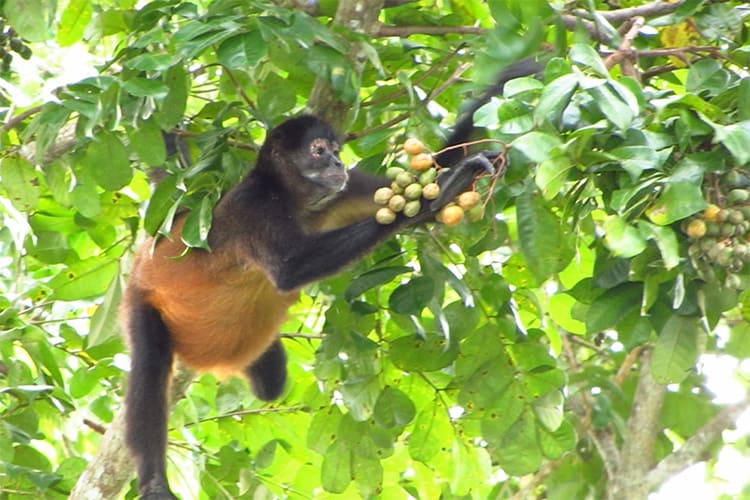Unwitting owners are feeding endangered sharks to their cats and dogs, according to a new study.
Scientists discovered that numerous brands contained endangered species but simply specified nonspecific components like “ocean fish,” implying that most customers are unaware.
“We believe the majority of pet owners are likely to be nature enthusiasts, and we believe most would be shocked to learn that they may be unintentionally contributing to shark overfishing,” said research authors Ben Wainwright and Ian French of Yale-NUS College in Singapore.
Shark populations around the world have declined by more than 70% in the last 50 years due to overfishing.
As apex predators they are crucial for the balance of the ocean food chain, and the loss of sharks has had knock-on effects on seagrass beds and coral reefs.
The sale of shark fins has been widely publicised. But a silent contributor, the authors say, is the use of shark products in everyday items such as pet food and cosmetics.
Using DNA barcoding, the scientists tested 45 pet food products from 16 brands in Singapore. Most products used generic terms such as “fish”, “ocean fish”, “white bait” or “white fish” in the ingredients list to describe their contents, with some specifically listing tuna or salmon. Others did not indicate fish at all.
Of the 144 samples sequenced, 45 – roughly a third – contained shark DNA. The most frequently identified species were blue shark, silky shark and whitetip reef shark. The silky shark and the whitetip reef shark are listed as “vulnerable” in the International Union for Conservation of Nature (IUCN) Red List.
Products containing DNA of the sicklefin weasel shark, the Caribbean sharpnose shark and the sand tiger shark – all vulnerable species – were also identified.
The authors suggest the meat could be taken from shark carcasses that would be discarded after the valuable fins are removed, or could reflect a growing shark meat trade. They are calling for more accurate ingredients labelling so that people know what they are feeding to their pets and where it came from.
Dr Andrew Griffiths, an ecologist at the University of Exeter, said the latest work followed research by his team and others revealing the presence of shark DNA in food products for human consumption, including the sale of spiny dogfish and hammerhead shark meat in fish and chip shops.
For pet foods, he said, the lack of rules on specific labelling meant a wide variety of vulnerable species could be legally included. “There aren’t any specific rules against it,” he said. “You could be unwittingly getting just about any fish.”
Besides the lucrative trade in shark fins, shark meat is generally quite low value, Griffiths said, and could be a cheap source of protein. “Lots of people don’t want to eat it,” he said. “So you can’t necessarily sell it through other supply chains. It surprises people that these things can turn up on their pet’s plate.”
The findings are published in the journal Frontiers in Marine Science.
This article by Hannah Devlin was first published by The Guardian on 4 March 2022. Lead Image: The silky shark, listed as ‘vulnerable’, was one of the most frequently identified species in the pet food analysed. Photograph: Norbert Probst/Rex/Shutterstock.
What you can do
Support ‘Fighting for Wildlife’ by donating as little as $1 – It only takes a minute. Thank you.
Fighting for Wildlife supports approved wildlife conservation organizations, which spend at least 80 percent of the money they raise on actual fieldwork, rather than administration and fundraising. When making a donation you can designate for which type of initiative it should be used – wildlife, oceans, forests or climate.







Leave a Reply